Oils for Hair and Beard Health
Natural oils have been used for centuries to promote healthy hair and beard growth, combat dryness, and improve scalp health. But with so many options available, how do you know which oils are best for your needs?
This guide will break down:
- Key Natural Oils & Their Benefits,
- How to buy oils
Part 1: Natural Oils & Their Functions
Each oil has unique properties that benefit hair growth, scalp health, and beard maintenance.
1. Castor Oil
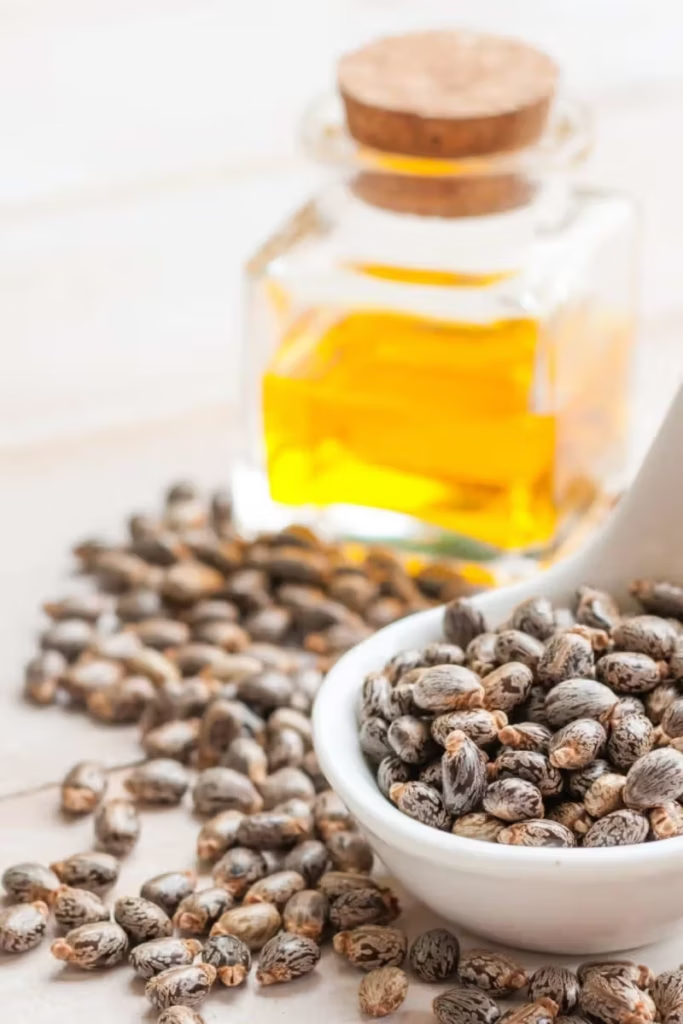
- For thickening hair/beard, reducing breakage
- High in ricinoleic acid, boosts circulation to follicles.
- Ideal for, slow-growing, thin, or patchy hair/beards.
2. Rosemary Oil
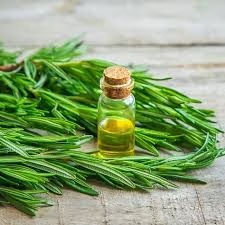
- For stimulating growth (similar to minoxidil)
- Increases blood flow, fights DHT (a hormone linked to hair loss).
- Ideal for thinning hair, receding hairlines, beard patches.
3. Peppermint Oil
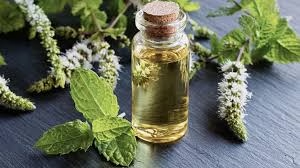
- For fast growth, itch relief
- Tingling effect = better circulation.
- For dry, itchy scalps & beards.
4. Jojoba Oil
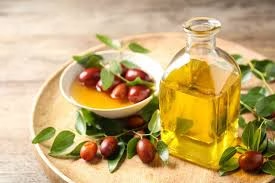
- For balancing scalp oil, preventing beardruff
- Mimics natural sebum, non-greasy.
- For oily/dry scalps, daily beard conditioning.
5. Argan Oil
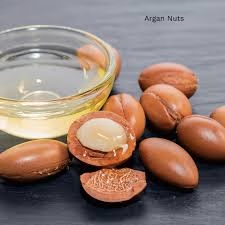
- For shine, frizz control, split ends
- Rich in vitamin E, repairs damage.
- For dry, coarse, or color-treated hair/beards.
6. Coconut Oil
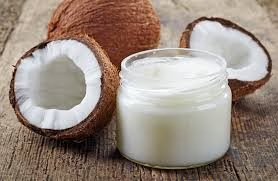
- For preventing protein loss, deep conditioning
- Penetrates hair shaft, reduces breakage.
- For high-porosity hair, pre-shampoo treatment.
7. Tea Tree Oil
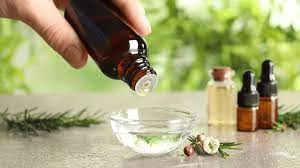
- For dandruff, scalp infections, clogged follicles
- Antibacterial & antifungal properties unclog pores.
- For oily scalps, beard acne (must be diluted).
8. Almond Oil
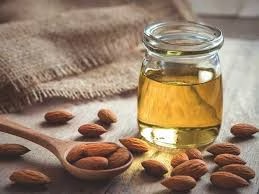
- For strengthening hair, reducing hair fall
- High in vitamin E & magnesium nourishes follicles.
- For weak, brittle hair & beard strands.
9. Grapeseed Oil
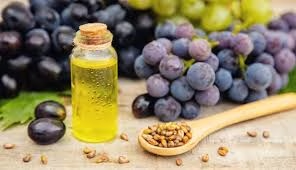
- For lightweight moisture, heat protection
- High in linoleic acid, absorbs quickly without grease.
- For fine hair, beard styling, sensitive skin.
Part 2: How to Buy the Best Hair Oils for Growth & Health
Choosing the right hair oil doesn’t require sticking to big brands, just a good understanding of ingredients, quality, and your hair’s needs. Here’s how to pick the best oils without falling for marketing hype.
1. Know Your Hair & Scalp Needs
Before buying, identify your primary concern:
- Hair Growth? Look for castor, rosemary, peppermint
- Dry/Damaged Hair? Argan, coconut, avocado
- Oily Scalp/Dandruff? Tea tree, grapeseed, jojoba
- Thin/Fine Hair? Almond, grapeseed (lightweight)
2. Read Labels Like a Pro
What to LOOK FOR:
** Cold-Pressed/Unrefined – More nutrients preserved.
** 100% Pure Oil – No fillers (e.g., “Prunus amygdalus dulcis oil” = almond oil).
** Organic/Certified – Fewer pesticides (USDA, Ecocert).
What to AVOID:
** Mineral Oil/Petrolatum – Clogs pores, no real benefits.
** “Fragrance/Parfum” – Can irritate the scalp.
** Silicones (Dimethicone, Cyclomethicone) – Coat hair but don’t nourish.
3. Choose the Right Form
- Single Oils (e.g., pure castor oil) – Best for targeted issues.
- Blends (e.g., rosemary + coconut) – Convenient for multi-benefits.
- Pre-Mixed Serums – Often include carrier + essential oils (check dilution).
Final Tips for Using Oils
- For Hair: Apply 1-2x/week, focus on scalp massage.
- For Beards: Use daily, comb through for even distribution.
- Patch Test First – Some oils (like peppermint) need dilution.
Choosing the right oil depends on your hair/beard type and goals. Whether you need growth, moisture, or scalp health, there’s a natural oil (or blend) that can help. Also checkout our guide on healthy diet that promotes hair growth.
Latest Articles:
- The Perfect Chelsea NYC Day | A Sharp Cut & the Ultimate Neighborhood Day | Best Barber Near
- A Perfect Midtown East NYC Day | A Premium Cut & Conquering Midtown East | Best Barber Near
- Your NYC Upper West Side Day | Fresh Fade, Food and Exploration | Best Barber Near
- The Perfect Park Slope Day in Brooklyn, New York City | A Fresh Cut and Local Exploration | Best Barber Near
- The Perfect Day in Rose Hill, NYC | A Fresh Fade, Madison Square Park, Flatiron Building | Best Barber Near
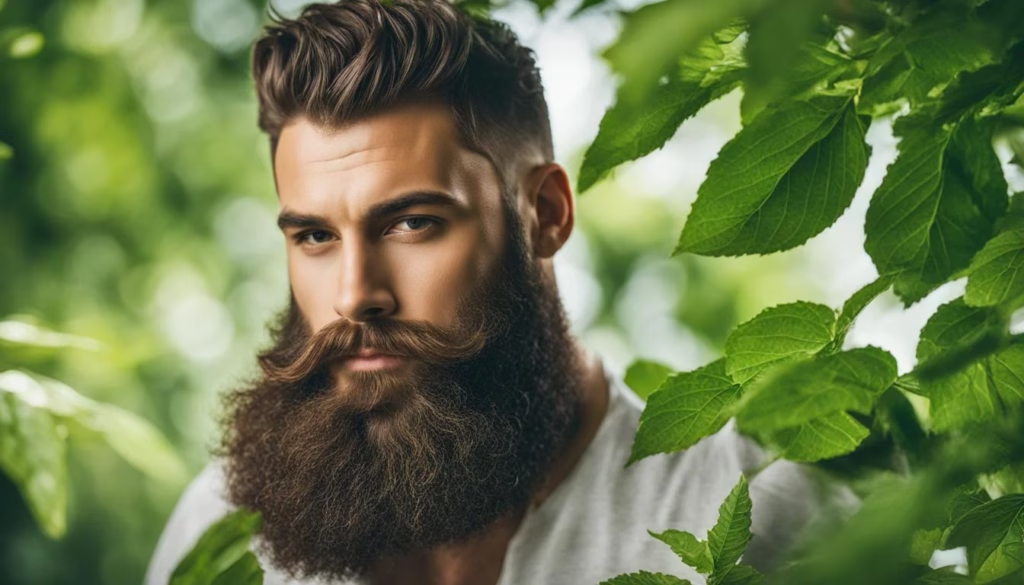
Leave a Reply